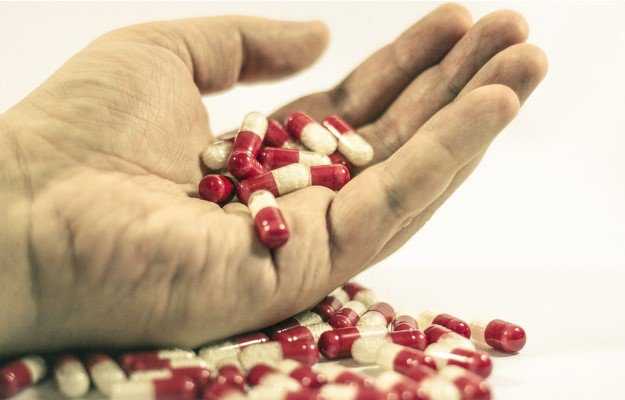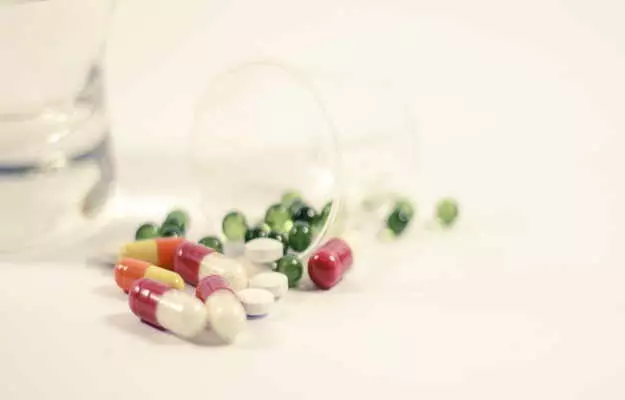What is Drug Overdose?
Consumption of a toxic or poisonous amount of a drug or medicine (which can include illegal drugs, prescription, and over-the-counter medications, or certain herbal remedies) causes overdose, which can sometimes be fatal. Reaction to drug overdose varies from person to person.
What are its main signs and symptoms?
Depending on various factors, which include the type and quantity of drug taken, and the health status of the person, the initial signs and symptoms of overdose may vary. Some of the commonly seen symptoms include:
- Diarrhoea, vomiting and/or nausea
- Abdominal cramps
- Internal bleeding
- Dizziness or drowsiness
- Difficulty in breathing
- Loss of balance
- Seizures
- Confusion or hallucination
- Disturbances in vision
- Snoring deeply
- Turning blue (blue discolouration of skin)
- Coma
What are its main causes?
Drug overdose can be due to any of the following reasons:
- Intentional misuse of the drug, in which an individual may take an overdose to get ‘high’ or to cause unwanted self-harm (it can be a part of a suicidal attempt).
- It can be accidental, wherein an individual mistakenly consumes:
- Wrong drug
- Wrong combination of drugs
- Wrong amount of drug
- Drugs at the wrong time which could cause harm
How is it diagnosed and treated?
When an individual is suspected of a drug overdose, he/she needs immediate medical care. The physician or healthcare team will conduct a complete assessment of the patient by:
- Conducting several blood tests
- Observing the patient
- Carrying out a psychological review
The treatment for drug overdose depends on the type and amount of drug (or drugs) consumed and its effects on the individual. It also depends on several other factors including what else was taken along with the drug, how and when it was taken, along with complications caused due to the overdose. Treatment is short-term in some cases, whereas in cases of attempted suicide, long-term treatment is needed.
The first aid treatment measures include the following:
- Staying calm and composed and securing the airway of the affected individual by tilting the head back and lifting the chin. Keeping a close eye on breathing till the individual receives some medical help. The individual should be placed on their side if unconscious but breathing, which is termed as recovery position. Follow the following instructions:
- The individual should not be made to vomit or eat or drink anything.
- The container of the pills causing overdose should be retained and carried to the hospital.
The various steps to treat drug overdose include:
- Removal of the drug from the body (a substance like activated charcoal is given to the patient which helps by binding with the drug, so the body can’t absorb it. Sometimes the use of activated charcoal causes constipation, so drinking plenty of water is advised. This charcoal also interferes with the functioning of certain medications altering its effectiveness [especially in women on oral contraceptives]).
- Administration of an antidote (an antidote is a substance which can counteract a form of poisoning) whenever possible, which includes substances like naloxone hydrochloride in case of opioid overdose.
- A follow-up is conducted following an episode of overdose to monitor healing. This helps the physician to decide whether the treatment should be continued or any further help if required.
- Psychologic counselling is also important in cases of attempted suicide after the patient has recovered fully.

 OTC Medicines for Drug Overdose
OTC Medicines for Drug Overdose
 Drug Overdose articles
Drug Overdose articles News for Drug Overdose
News for Drug Overdose





 Dr. Rajalakshmi VK (AIIMS)
Dr. Rajalakshmi VK (AIIMS)











